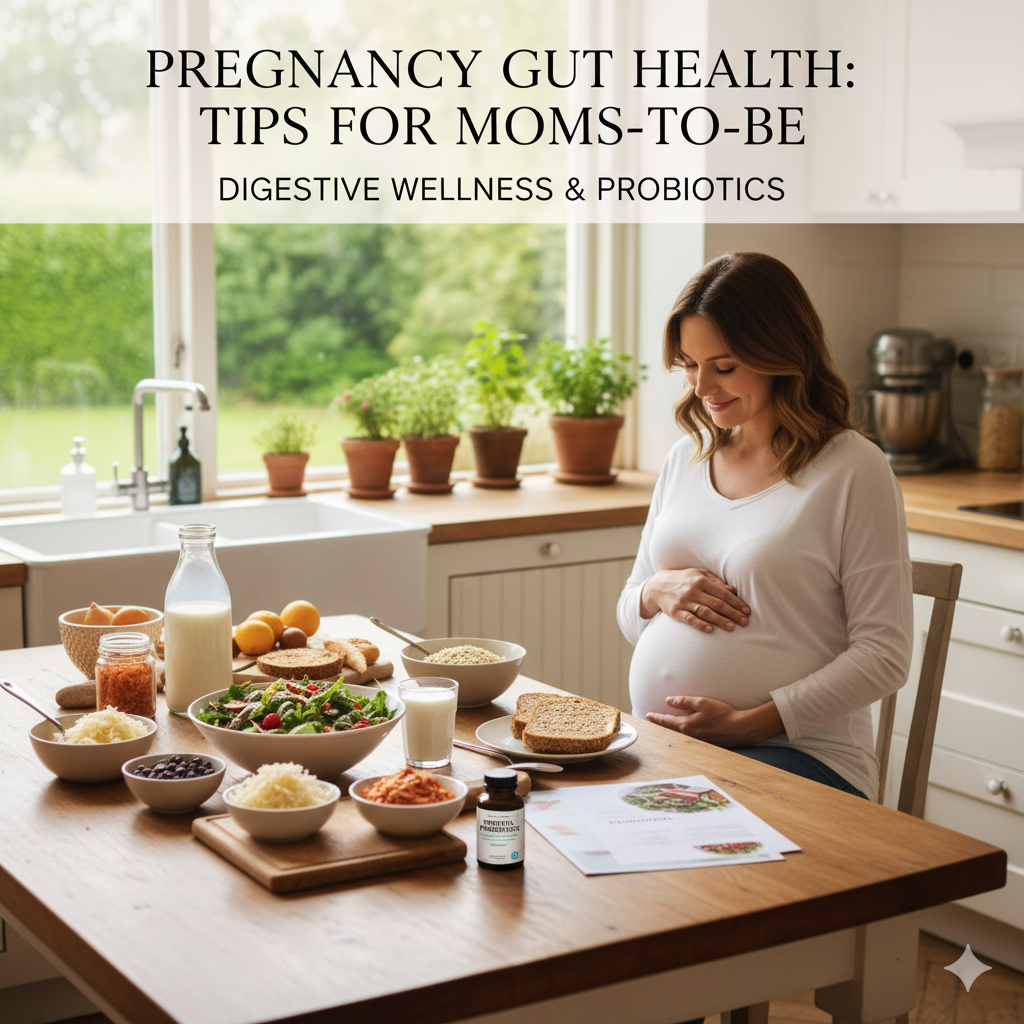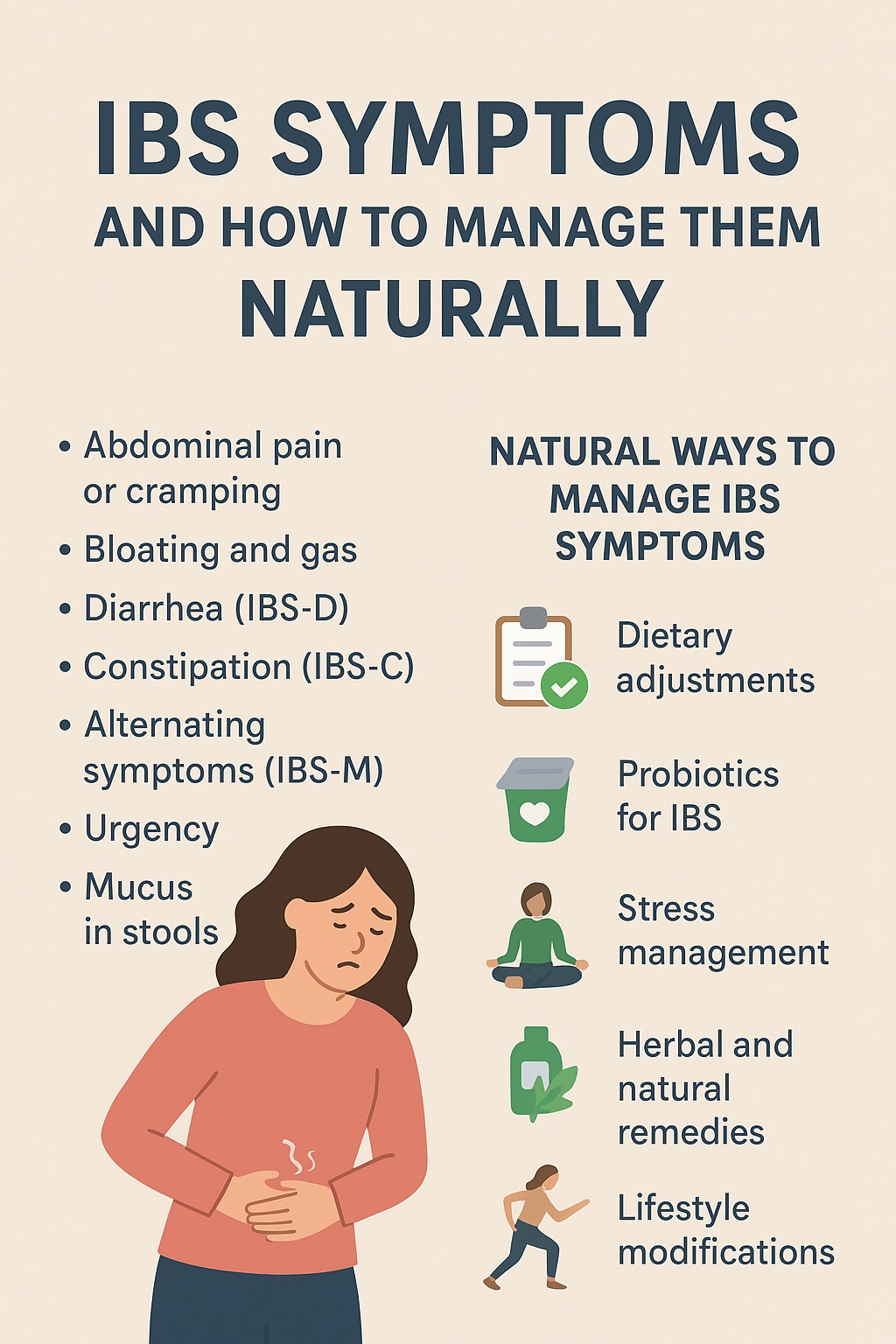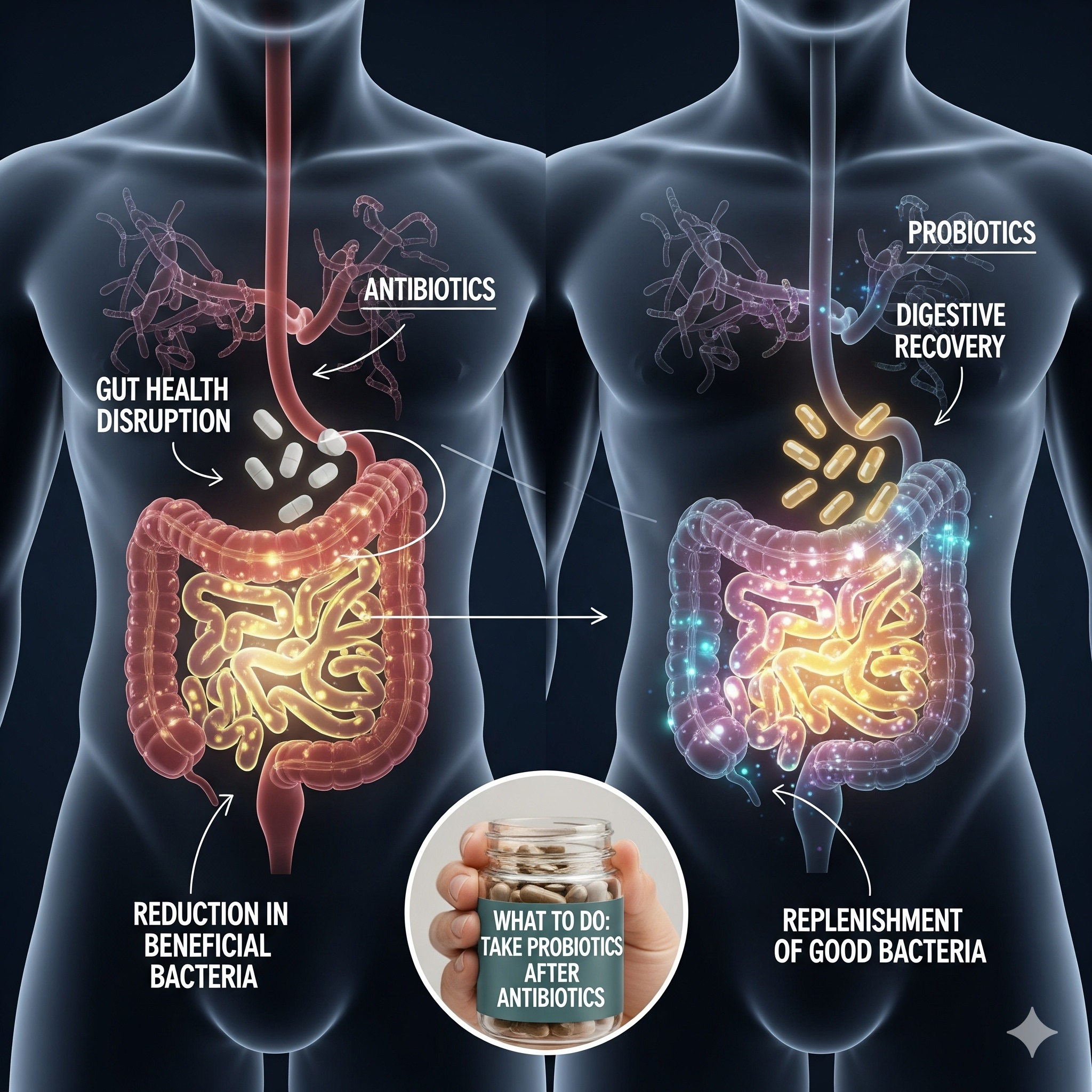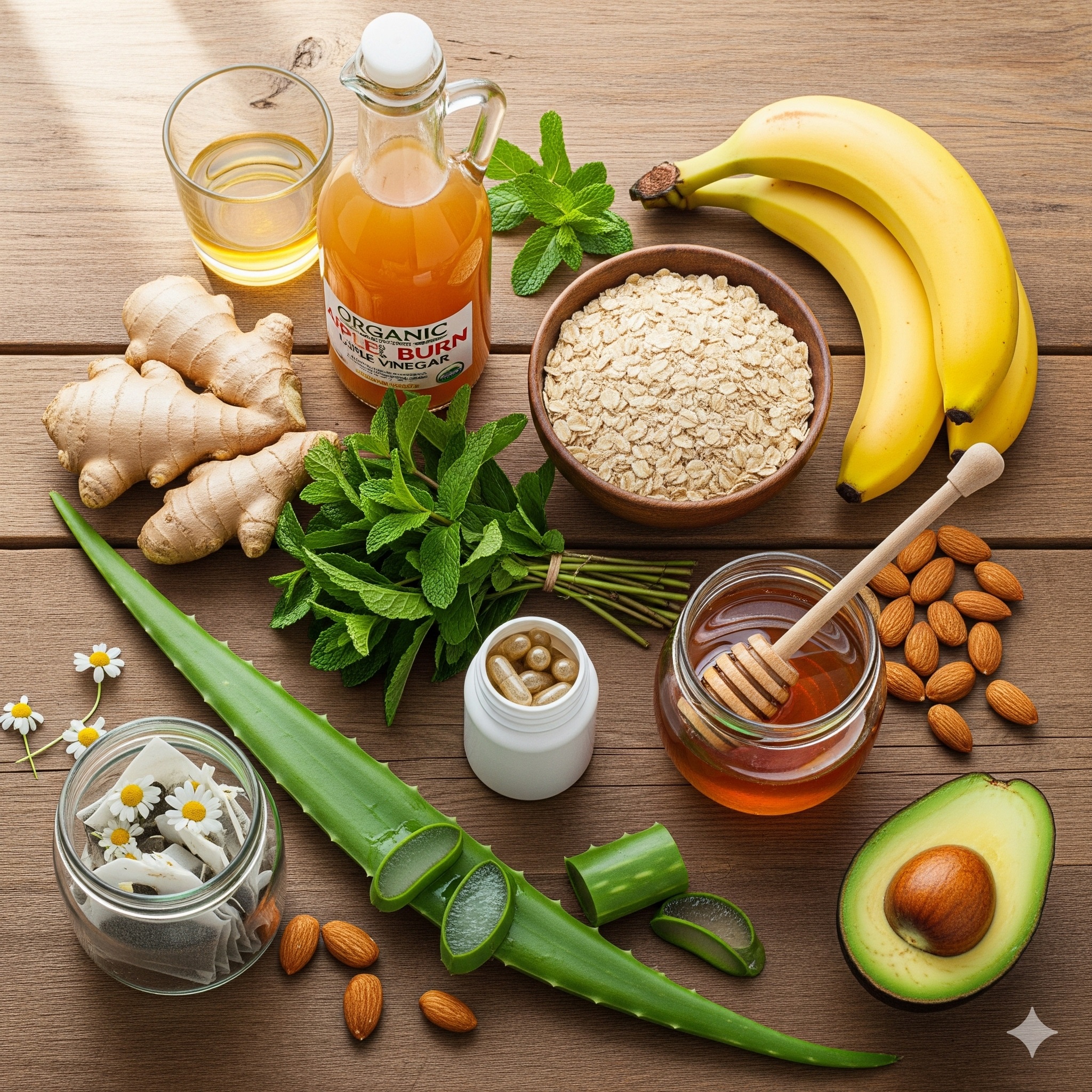Pregnancy is one of the most transformative times in a woman’s life. Your body is not only supporting your own health but also nurturing the growth and development of your baby. During these nine months, you may notice new changes in your digestion, metabolism, and even your mood. What many moms-to-be don’t realize is that all of these changes are closely connected to gut health during pregnancy.
The gut microbiome—home to trillions of bacteria and microorganisms—plays a crucial role in digestion, immunity, and overall wellness. When you’re pregnant, the balance of this microbial ecosystem becomes even more important, as it can affect both maternal health and the baby’s development. In fact, research shows that a mother’s gut microbiome directly influences her child’s immune system, metabolism, and future risk of certain diseases.
In this comprehensive guide, we’ll explore how to support pregnancy gut health, the role of probiotics in pregnancy, and practical tips for maintaining digestive wellness during this special journey.
Why Gut Health Matters During Pregnancy
Your gut does more than digest food—it regulates immunity, manages inflammation, and even communicates with your brain through the gut-brain axis. During pregnancy, these roles are amplified:
- Immune Support: A balanced gut helps regulate your immune system, protecting both you and your baby.
- Nutrient Absorption: The gut microbiome supports absorption of vital nutrients like folate, iron, and calcium.
- Hormonal Changes: Hormones such as progesterone and estrogen can slow digestion, leading to constipation and bloating. A healthy gut helps reduce these discomforts.
- Baby’s Microbiome: Your baby’s first exposure to beneficial bacteria comes from your body—both during pregnancy and delivery.
Common Digestive Issues in Pregnancy
Many women experience digestive discomfort during pregnancy. Here are the most common gut-related challenges and why they happen:
1. Constipation
Increased progesterone relaxes intestinal muscles, slowing movement of food. Iron supplements may also worsen constipation.
2. Heartburn and Reflux
As the uterus grows, it puts pressure on the stomach, making acid reflux more common.
3. Bloating and Gas
Hormonal changes and slower digestion can lead to excessive gas production.
4. Morning Sickness
While nausea is largely hormone-driven, imbalances in gut bacteria may contribute to its severity.
5. Increased Food Sensitivities
Pregnancy can trigger new intolerances or sensitivities to certain foods, linked to changes in gut function.
The Role of Probiotics in Pregnancy
One of the most effective ways to support gut balance is through probiotics in pregnancy.
Benefits of Probiotics for Moms-to-Be
- Improve Digestion: Reduce constipation, bloating, and diarrhea.
- Support Immunity: Enhance the mother’s immune response and reduce infections.
- Reduce Risk of Gestational Diabetes: Some studies suggest probiotics may improve blood sugar control.
- Prevent Pre-Eclampsia: Certain probiotic strains are associated with lower risk of pre-eclampsia.
- Support Vaginal Health: Maintaining a healthy microbiome helps reduce the risk of infections.
- Influence Baby’s Health: Probiotics can help shape the infant’s gut microbiome, reducing the risk of allergies, eczema, and digestive issues.
Are Probiotics Safe During Pregnancy?
Yes, probiotics are generally considered safe for pregnant women when taken as food or supplements. Always consult your healthcare provider before starting a supplement, especially if you have a high-risk pregnancy or underlying conditions.
Best Probiotic Sources for Pregnant Women
- Yogurt with live cultures
- Kefir (fermented milk drink, rich in diverse probiotic strains)
- Sauerkraut (fermented cabbage, avoid unpasteurized if food safety is a concern)
- Kimchi (spicy fermented vegetables, check tolerance during pregnancy)
- Miso and Tempeh (fermented soy products)
- Probiotic Supplements (look for strains like Lactobacillus rhamnosus and Bifidobacterium lactis)
Nutrition Tips for Digestive Wellness During Pregnancy
To promote digestive wellness and support your baby’s development, focus on these dietary strategies:
1. Eat Fiber-Rich Foods
Whole grains, fruits, vegetables, beans, and lentils support healthy bowel movements and feed beneficial gut bacteria.
2. Stay Hydrated
Water helps prevent constipation and supports circulation for both mom and baby.
3. Choose Small, Frequent Meals
This helps manage nausea, reduces reflux, and keeps blood sugar steady.
4. Balance Macronutrients
Include protein, healthy fats, and complex carbs to stabilize energy and reduce digestive discomfort.
5. Include Prebiotics
Prebiotic foods like garlic, onions, bananas, and asparagus feed good bacteria, helping probiotics work more effectively.
Lifestyle Tips for Gut Health in Pregnancy
Diet is important, but lifestyle also plays a role in pregnancy gut health.
- Gentle Exercise: Walking, swimming, and prenatal yoga improve digestion and circulation.
- Stress Management: Stress affects the gut-brain axis. Meditation, deep breathing, or prenatal massage can help.
- Adequate Sleep: Rest is crucial for both digestive repair and fetal development.
- Avoid Smoking and Excess Caffeine: These can disrupt gut balance and negatively affect your baby’s health.
When to Seek Medical Help
While mild digestive issues are normal, you should consult your doctor if you experience:
- Severe or persistent constipation
- Uncontrolled reflux or heartburn
- Severe bloating and abdominal pain
- Bloody stools
- Severe nausea and vomiting beyond the first trimester (hyperemesis gravidarum)
Your healthcare provider can recommend safe treatments and help rule out underlying conditions.
Long-Term Benefits of a Healthy Gut in Pregnancy
Supporting gut health during pregnancy doesn’t just make the journey easier—it also benefits your baby in the long term. Babies born to mothers with balanced microbiomes are more likely to:
- Develop stronger immune systems
- Experience fewer allergies and skin issues
- Have healthier digestion from infancy
- Maintain balanced metabolism as they grow




